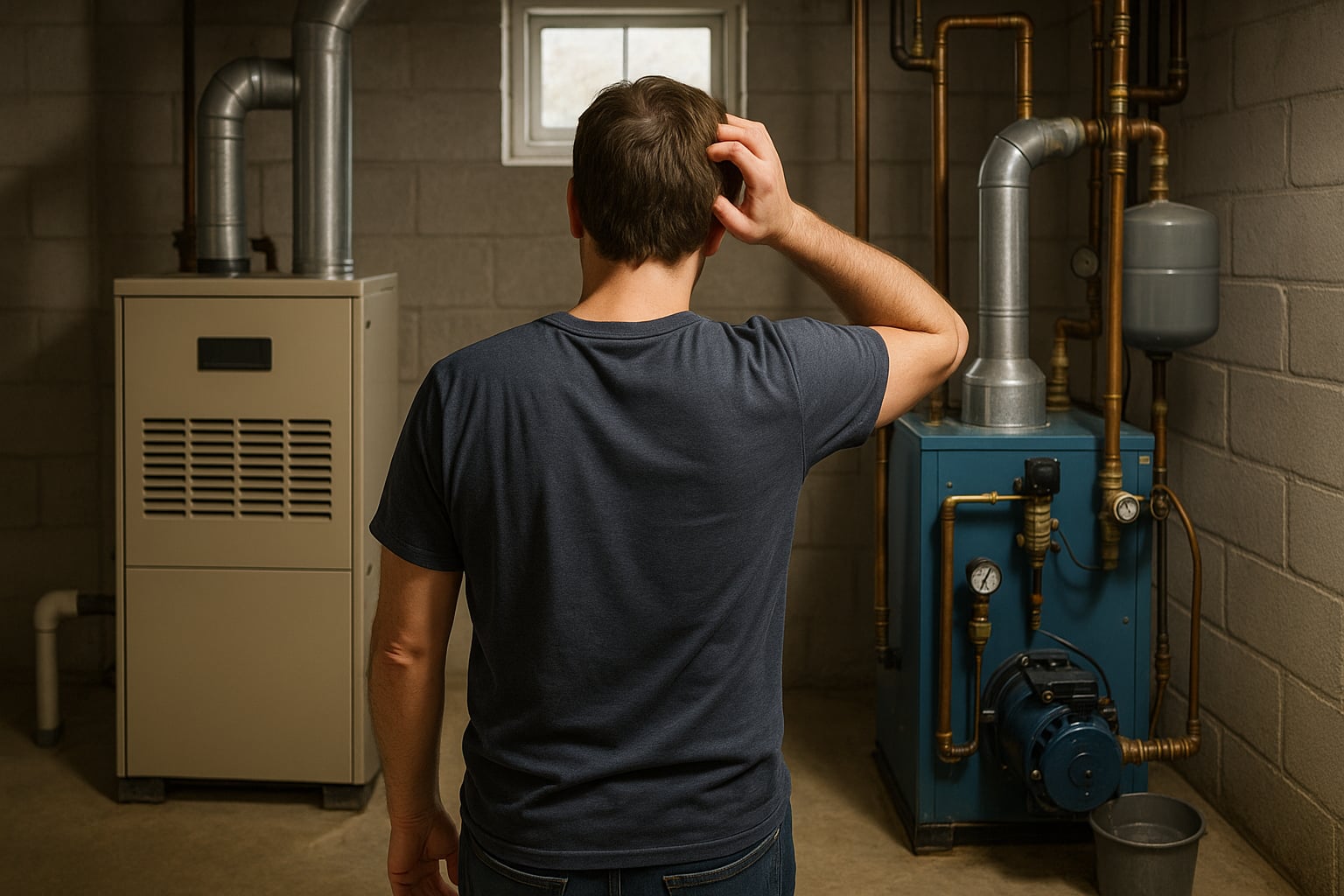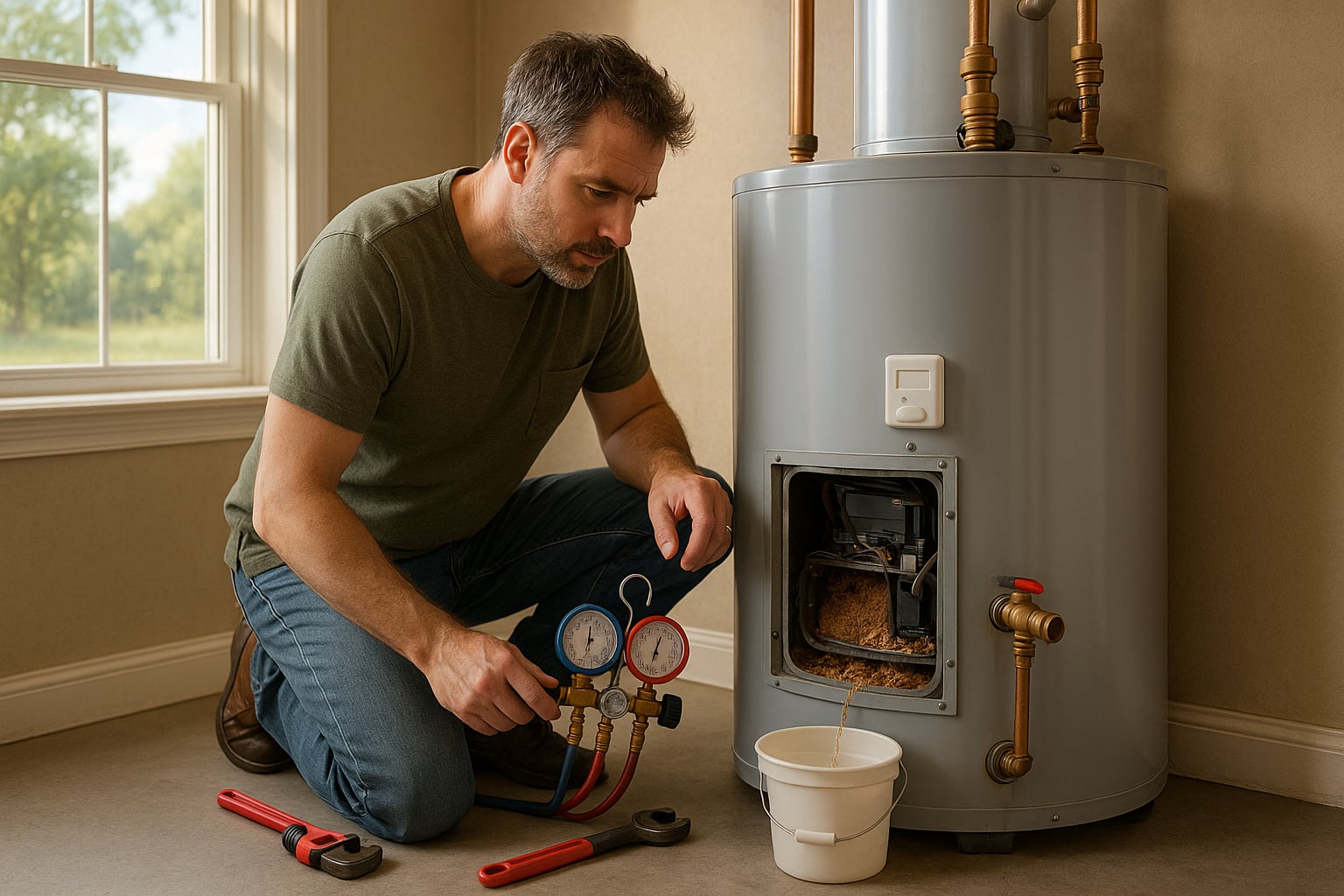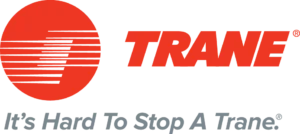A sewer backup is a major problem for homeowners, and it results from a sewer line blockage. If you find yourself with a clogged sewer line, you should call Reimer for sewer line cleaning.
In this blog, we’ll review some of the ways you can help your line avoid these problems.
#1. Divert grease to the trash
Homeowners who have had sewer line issues in the past tend to be very outspoken about this. Pouring cooking grease down the sink seems like an easy way to dispose of it, but taking that shortcut today can lead to big problems tomorrow.
As grease cools, it turns from a liquid into a solid. When dumped down the disposal, this process often happens by the time the liquid, solidifying, gets to your home’s sewer line.
In most cases, this grease is washed away. But, over time, that grease begins to take a stand. Grease is stubborn: it sticks to the line’s interior walls and collects other bits of grease and food.
Eventually, this blockage grows to the point where it starts to prevent other wastewater from going down, causing the sewer line blockage.
Grease, on a larger scale
City sanitation workers know how dangerous cooking grease can be. In London in 2017, sanitation workers in London had to remove a 130-ton block of grease known as “the fatberg” from the municipal sewers. Hardened to the point of concrete, it cost millions of dollars to remove.
If this phenomenon can happen in a large municipal sewer, it can happen in your home’s sewer line, too.
Dispose of grease properly
The best way to dispose of grease is to place the hot liquid into a disposable, heat-proof container. Typically, used glass jars or aluminum cans work well for this. Put the grease in the jar or can and seal. Then, once the grease has cooled and solidified, put it out with the trash.
#2. Avoid putting trash down your pipes
Your toilet, kitchen sink, and bathroom sinks are not trash cans.
Bathroom trash
Avoid putting bathroom trash down toilets and bathroom sinks. This includes everything from Q-tips to plastic wrappers—anything that’s not toilet paper. Also, be sure to watch out for “disposable wipes” that aren’t actually disposable.
Kitchen trash
Some people use their garbage disposal as a kind of trash can. Really, you should only use your disposal for the last bits of food coming off the plate. Fruit rinds, vegetable trash, and more should all just go straight into the trash can—or into your compost bin.
Call Reimer for help removing a sewer line blockage
If you do find that you have a sewer line blockage, turn off your water and contact the team at Reimer. We’ll send out an experienced plumber to take a look at your line and determine the scope of the problem.





